One-sided attraction is quite corrosive to a person’s mental health. Now imagine a one-way relationship that’s thousand times more intense and the object of your admiration is completely unaware of your existence. Where you are practically living in two different worlds. A parasocial relationship is all of that and so much more.
Our digital era has opened countless avenues in the world of dating. We now have a diverse palette of relationships to choose from. But not all of them are advisable or healthy for us. Hence, exercising caution in attraction is a rule everyone needs to stick to. We’re here to talk about the different (and primarily negative) facets of parasocial relationships.
Let’s understand the subject with the guidance of emotional wellness and mindfulness coach Pooja Priyamvada (certified in Psychological and Mental Health First Aid from Johns Hopkins Bloomberg School of Public Health and the University of Sydney), who specializes in counseling for extramarital affairs, breakups, separation, grief, and loss, to name a few.
What Is A Parasocial Relationship?
Table of Contents
Pooja explains, “Parasocial relationships are one-sided connections where a person extends emotional energy, interest, and time. But the other party or person is completely unaware of the admirer’s existence. This form of attraction is most commonly seen with celebrities, organizations (such as sports teams), or television stars.
“When such intense emotions are directed toward someone consistently, they morph into a form of obsessive-compulsive behavior. It’s key to remember that a parasocial relationship is not reciprocal.” Hence, we can trace its roots to the relatively simpler concept of unrequited love.
Related Reading: Situationship Vs Relationship: Can One Lead To The Other?
On account of the widespread use of social media, parasocial relationships are becoming more frequent. Apps like Instagram or Facebook are an intimate window into someone’s life. Content creators, influencers, and other celebrities make it a point to share their daily routines, likes and dislikes, and personal stories on their profiles. This breeds a sense of familiarity between them and their many followers. But adoration can swiftly become an obsession for someone, as Pooja explained.
An individual might fall in ‘love’ with the public figure’s virtual presence. This one-way relationship would keep reinforcing itself with each post, each digital footprint by the celebrity. Needless to say, this is a psychologically exhausting process. But there are many more layers to the parasocial relationships definition. Let’s take a closer look at these one-sided attractions and decide whether they’re healthy or not.
Are Parasocial Relationships Healthy?
No, parasocial relationships are not healthy. They aren’t conducive to growth or mental well-being, and if you’re in one, then you need to pay close attention to what’s coming next. Pooja explains, “We need to begin with the basics. Unrequited love itself isn’t healthy. It lacks the consent of the other party while you keep investing your emotional resources consistently. In fact, we’re amiss to call it love; anything that isn’t mutual isn’t love.
“You may call it lust, obsession, or attraction but it is not love for sure. When you’re the only one in a relationship, you’re going to end up harming yourself the most. The dangers are multiple, ranging from poor mental health to severe delusions.” We’ve listed the top 4 reasons that explain the perils of a parasocial relationship. Take a look…
Related Reading: Is Limerence Toxic Love? 7 Signs That Say So
1. Low self-esteem
Parasocial interactions chip away at a person’s self-esteem because their efforts don’t yield any results. They quickly start feeling not good enough because the object of their affection doesn’t respond to them. The individual wonders, “What am I doing wrong? Why won’t he/she acknowledge my feelings?”
Of course, this thought process is largely misguided because the individual is infatuated with someone they’ve placed on a pedestal. The positive qualities of the persona are magnified and they become invincible in one’s eyes. To place so much power in the hands of somebody who isn’t even aware of your existence is a recipe for disaster.
2. No emotional fulfillment in a parasocial relationship
Unlike real relationships, parasocial ones don’t contribute to our emotional growth or fulfillment. Instead, they breed discontentment and frustration because of the one-sided attraction.
A reciprocal relationship is satisfying and fruitful. In contrast, parasocial interactions have no future whatsoever.
Pooja Priyamvada, Emotional Wellness & Mindfulness Coach
“There’s just an unhealthy dependence on someone completely unaware of you. They aren’t involved in your life, they don’t know what you feel for them. People come very close to leading a delusional life because of such connections.” Look at it this way, you keep giving, and giving, and giving to a stranger. What will you be left with for yourself?

3. Mental instability
There’s a thin line between dysfunctional thinking patterns and dysfunctional behavior. The parasocial relationships definition tells us how easy it is to cross over from the former to the latter. Your intrusive thoughts about the famous person can translate into stalking or harassment. Obsessive and clingy love affairs aren’t a pretty sight.
And it might seem implausible right now but when you will get nothing in return for your labor of love, you’re going to get angry. The amount of turbulence caused by one parasocial interaction will take a toll on your mental space in ways you can’t gauge.
4. Hampered personal growth
When all your energy is channeled toward a person, the other areas of your life are bound to get compromised. The relationships you share with your friends and family, your career, your home, etc. You might lose sight of the bigger picture; this is very detrimental to your personal growth and journey.
Pooja Priyamvada, Emotional Wellness & Mindfulness Coach
The beauty of real relationships lies in the positive change they bring about in the partners. Parasocial ones end up reinforcing our toxic tendencies, making us poorer versions of ourselves. Moreover, a person ends up isolating themself to dwell on their object of admiration. What’s the term we’re looking for? Tunnel vision.
Related Reading: Unrequited Love: How To Deal And What To Do?
Now that you know the drawbacks of this one-way relationship type, let’s take a look at the parasocial relationship examples. The most common instances occur with celebrities and public figures. But why is that so? And what can be done to overcome such infatuation?
Parasocial Relationships And Celebrity Fascinations
As we explained previously, celebrity fascinations have become more frequent and intense with the advent of social media. You could stalk someone’s account thrice and learn ten things about them. Many times, people mistake such familiarity for the different types of intimacy.
They begin envisaging romantic scenarios with the public figure, forgetting that the information they know is a small part of the person’s life. For instance, Carl McCoid, a Miley Cyrus fan, got her face tattooed on his body. At one point, he even believed her to be his wife. It’s parasocial relationship examples like these that illustrate the dangers of one-sided attraction.

FAQs
It’s a case of one-sided attraction when the other person is unaware of your existence or they do not reciprocate your feelings. They are not interested in you romantically and don’t see themselves forming a relationship with you.
You can seek professional help from a counselor to break away from a parasocial relationship. Maintain a solid distance from the person you’re experiencing feelings for and seek fulfillment from the other relationships in your life.
A person is said to be in a parasocial relationship when they experience intense feelings of infatuation with a public figure (celebrity, influencer, content creator, etc.) or organization (sports teams). The most common example is a one-way relationship with actors.
Final Thoughts
Social media creates an illusion of access, making a future with the persona seem achievable. The celebrity’s actions and digital activity begin having a direct and profound impact on the individual’s emotional state. But the illusion crumbles eventually, causing a lot of grief, pain, and sadness. (Carl McCoid lived to rue the day he got Miley’s face done on his body.) People exhibit depressive symptoms when the magnitude of the situation dawns on them.
Pooja gives sound advice, “You should seek far better reciprocal connections and work on eliminating the unhealthy behavior patterns that lead to parasocial interactions. Reach out to a professional and let them guide you toward recovery. Counseling is always advisable when you’re slipping toward a toxic cycle.”
If you’re considering seeking help, skilled and experienced counselors on Bonobology’s panel of experts are here for you. They can help you assess your situation better and provide you with the right means to heal. We are here for you as you navigate this tumultuous patch in your life.
5 Causes, 13 Signs Of One-Sided Relationships And What To Do About Them
Your contribution does not constitute a charitable donation. It will allow Bonobology to continue bringing you new and up-to-date information in our pursuit of helping anyone in the world to learn how to do anything.

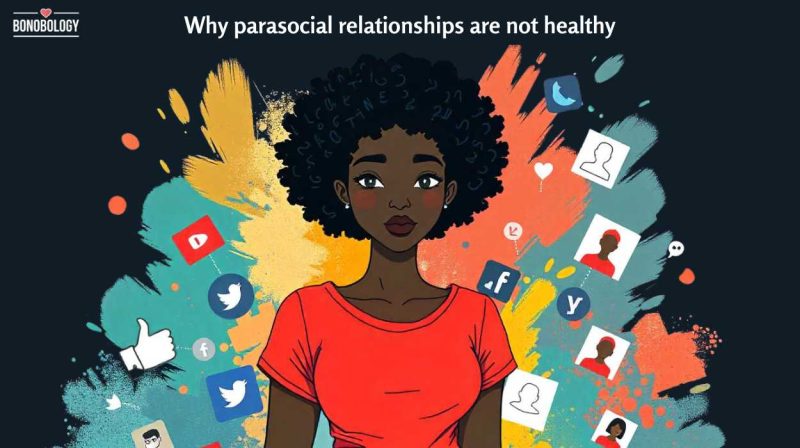


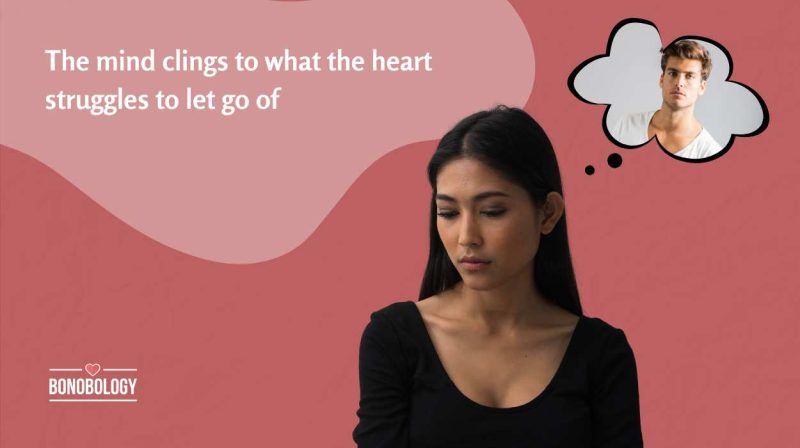
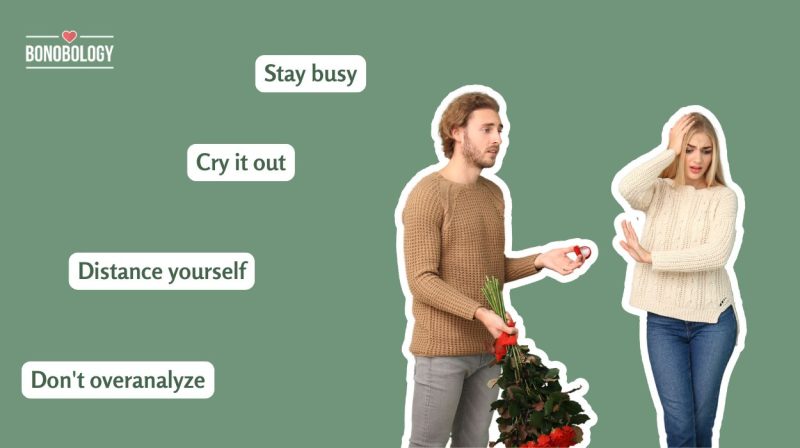
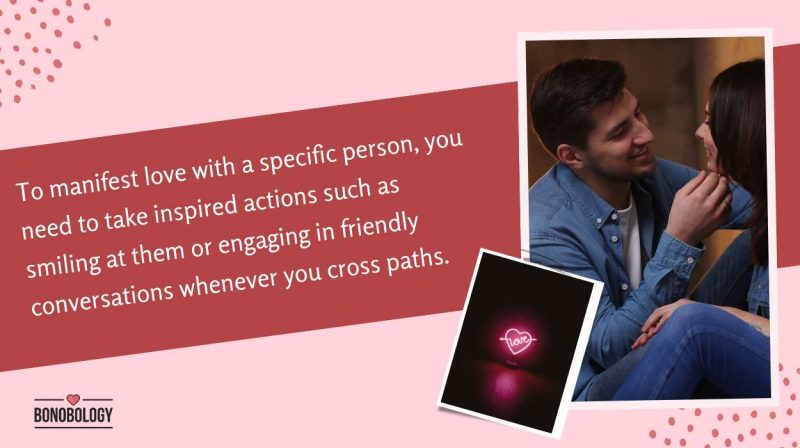
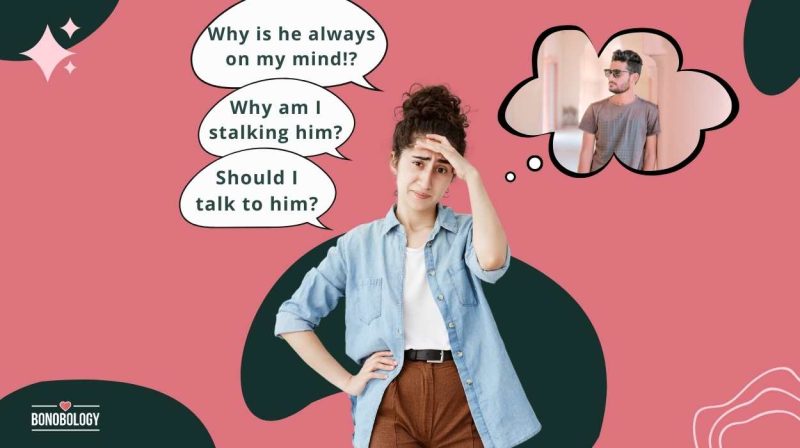
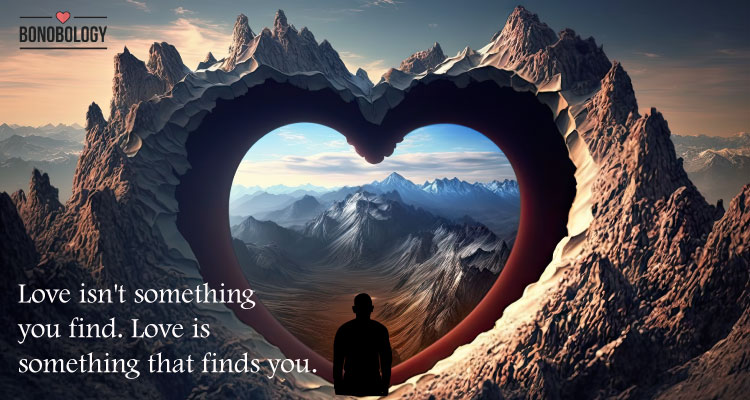
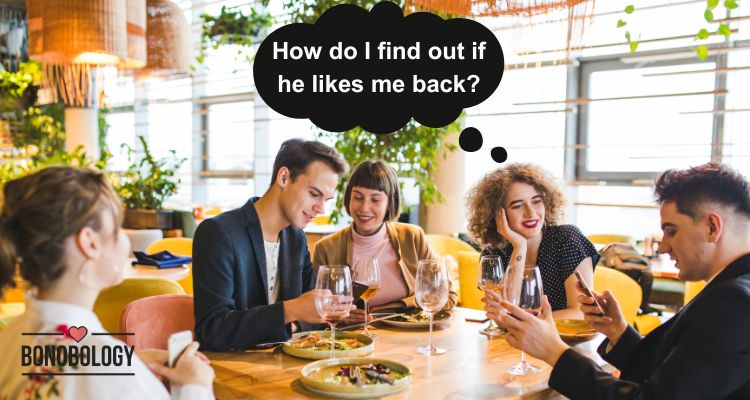


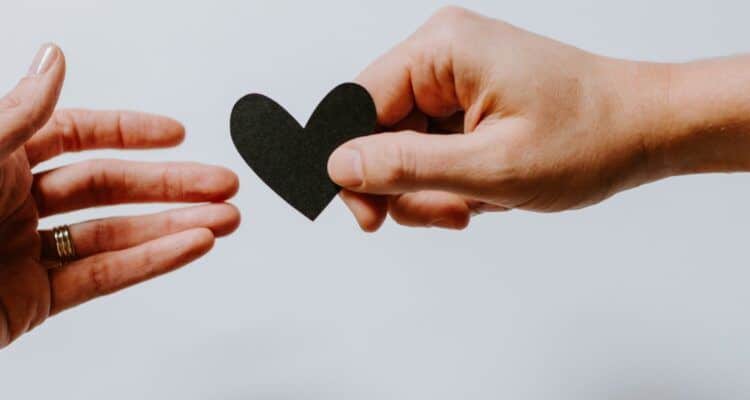

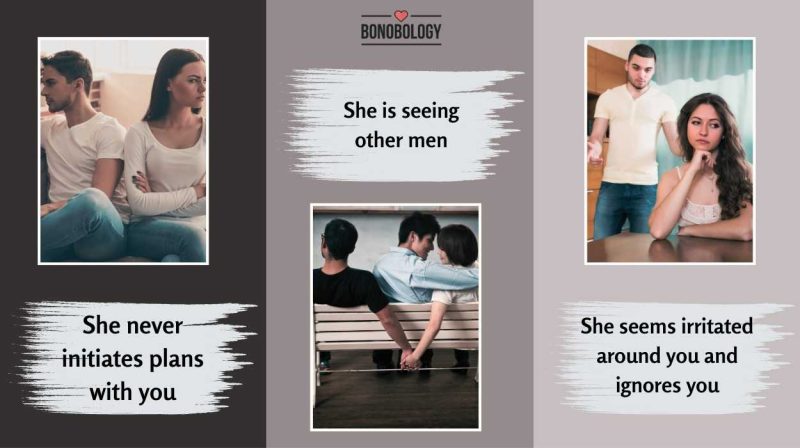


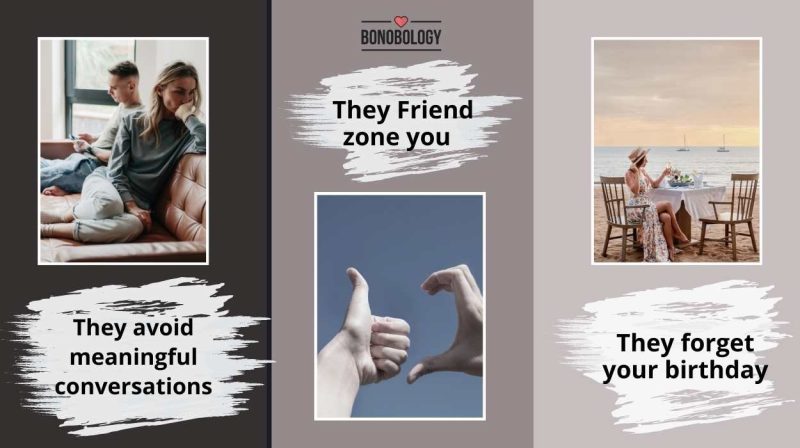





Featured
21 Crushing Signs He Never Cared About You
Can’t Stop Thinking About Someone? What It Means And How To Stop
How To Deal With Rejection From A Crush: 11 Steps To Move On
13 Sequential Steps On How To Manifest Love With A Specific Person
How Long Does A Crush Last And 14 Ways To Get Over It
10 Reasons You Find It Hard To Find A Girlfriend And 5 Things You Can Do
Does He Like Me Back? 17 Ways To Know
How To Get Over A Crush – 18 Practical Tips
How To Stop Liking Someone — 13 Helpful Tips
How To Manifest Your Crush In 10 Simple Ways
Should I Give Him Another Chance – 9 Points To Consider
When To Stop Pursuing A Girl: 21 Signs It’s Time To Back Off
How To Break Up A Couple – 11 Sly Ways
11 Signs You Are Single In A Relationship
15 Clear Signs Your Crush Doesn’t Like You Back
8 Expert Backed Strategies To Handle Rejection From A Guy
9 Tips To Stop Loving Someone Who Doesn’t Love You
5 Causes, 13 Signs Of One-Sided Relationships And What To Do About Them
Is Limerence Toxic Love? 7 Signs That Say So
13 Sure-Shot Signs He Pretends To Love You